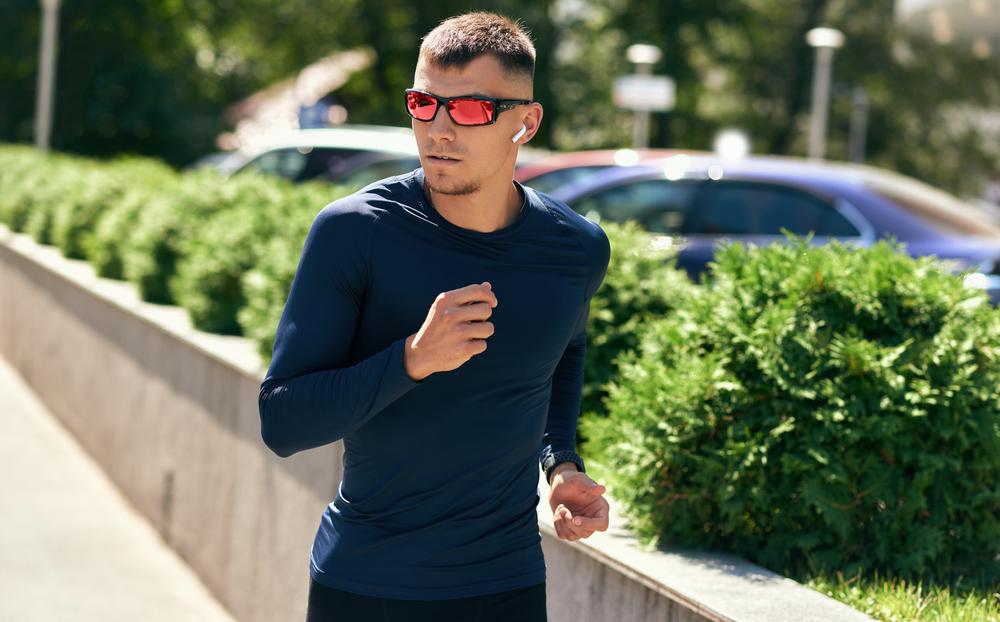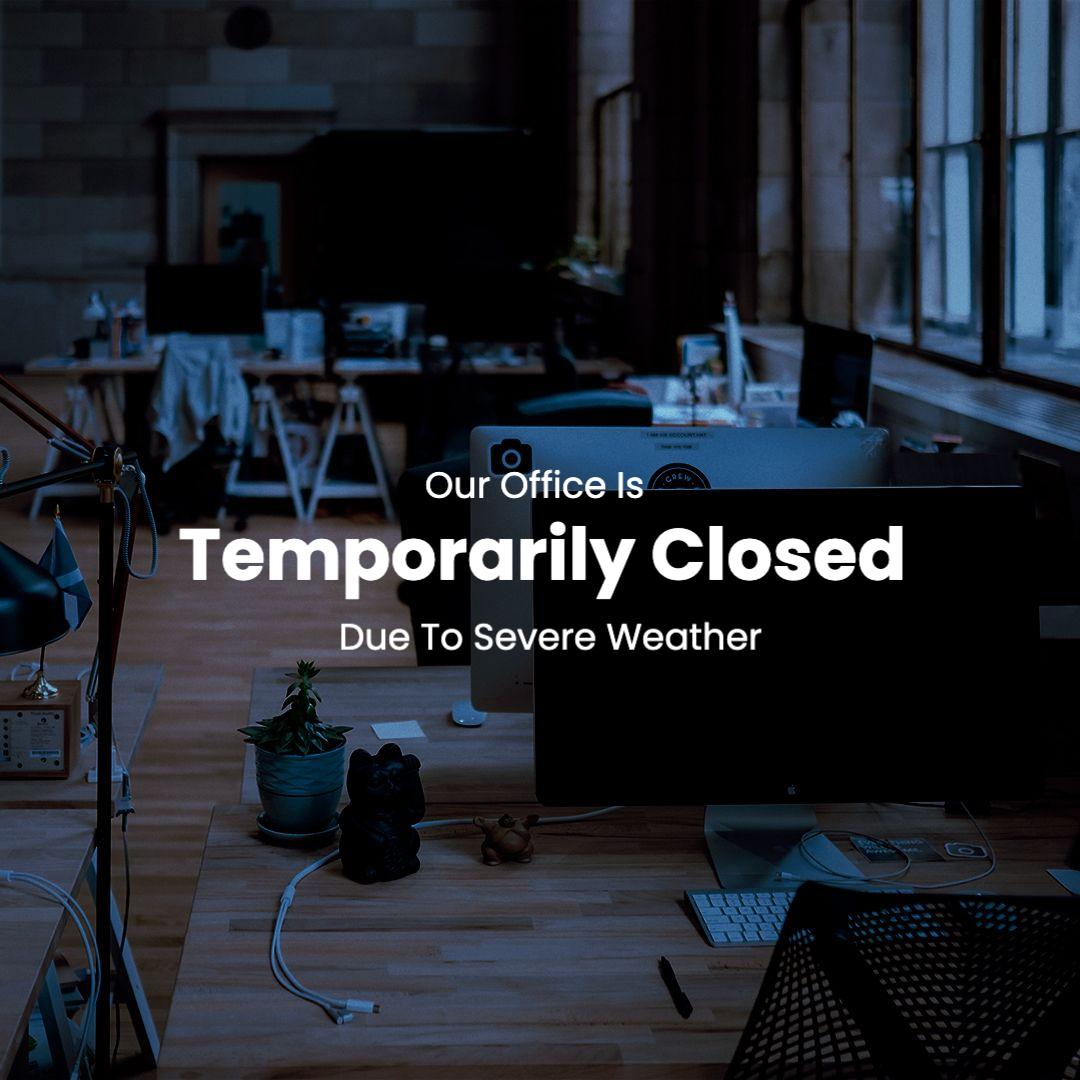
Participating in sports is exhilarating and fun, but it can also be hazardous for your eyes if you don't wear the proper eyewear. Whether you experience common eyesight issues like blurriness, astigmatism, or near/farsightedness, choosing the right eyewear can make a significant difference in both the performance and safety of athletes. This blog will delve into various factors and tips to help you select the best eyewear tailored specifically to sports activities.
Understanding the Importance of Sports Eyewear
Choosing the right eyewear for sports isn't just about vision clarity; it’s also about ensuring your eyes are protected from potential injuries. Here's why it's critical:
Reducing Risks of Eye Injuries
Protective eyewear significantly lowers the risk of eye injuries:
Impact resistance: Sports like basketball, racquetball, and soccer often involve flying objects or physical contact that could inflict trauma to the eyes.
UV protection: Outdoor sports expose your eyes to harmful UV rays, leading to long-term damage like cataracts.
Enhancing Overall Performance
Optimal vision is pivotal in enhancing an athlete's performance:
Better clarity: Crisp vision allows for improved response times and accuracy.
Peripheral awareness: Good eyewear should not hinder your peripheral vision, essential for sports like cycling, football, and hockey.
Reduced strain: Proper eyewear reduces eye strain and fatigue, helping athletes maintain focus and stamina.
Assess Your Specific Vision Needs
Before diving into styles and brands, it’s critical to assess your unique vision requirements and consult with an eye specialist.
Types of Vision Problems
Identify issues like:
Blurriness: Often caused by refractive errors, which can be corrected with prescription lenses.
Astigmatism: Leads to distorted vision and requires specially designed lenses for correction.
Near/farsightedness: Requires corresponding corrective lenses for clear vision at various distances.
Prescription or Non-Prescription
Determine if your eyewear needs to be prescription-based:
Consult an Optometrist: Have a comprehensive eye exam to understand the exact prescription needed.
Sports vision evaluations: Some optometrists specialize in sports vision, offering tailored solutions.
Choosing the Right Type of Eyewear
Choosing the appropriate eyewear hinges on understanding the different options available:
Prescription Sports Glasses
Tailored for individuals with vision impairments, these glasses:
Custom lenses: Specifically created to match your vision correction needs.
Durable frames: Built to withstand impact and vigorous activities.
Contact Lenses
An alternative to glasses:
High convenience: No fear of lenses fogging or breaking.
Wide field of vision: Full peripheral view, ideal for sports like swimming and biking.
Sports Goggles
Great for protection as well as vision correction:
Complete coverage: Shield the eyes from dust, debris, and impacts.
Versatility: Can be worn over regular glasses or with custom lenses.
Factors to Consider When Choosing Sports Eyewear
Several key factors should guide your choice of sports eyewear:
Material and Frame Durability
Opt for materials that promise longevity:
Polycarbonate lenses: Highly resistant to shattering and impact.
Flexible frames: Materials like nylon that can withstand vigorous movements.
UV Protection
Essential for outdoor sports:
100% UV coverage: Ensure the eyewear blocks both UVA and UVB rays.
Polarized lenses: Reduce glare, especially beneficial for water and snow sports.
Comfort and Fit
Uncomfortable eyewear can hinder performance:
● Adjustable nose pads: Provide a custom fit.
● Non-slip grips: Keep the eyewear in place during activities.
● Weight: Lightweight materials prevent undue pressure on the bridge of the nose.
Lens Technology
Advanced lens technologies enhance vision and protection:
Photochromic lenses: Adapt to lighting changes, ideal for sports with varying light conditions.
Anti-fog coatings: Prevent condensation, crucial for high-intensity sports.
Blue light filters: Protect from digital strain during e-sports or sports analysis.
Essential Eyewear for Different Sports
Different sports require distinct eyewear considerations to ensure both protection and optimal performance. Here are specific recommendations for various activities:
Running and Cycling
Wrap-around design: Eyewear with a wrap-around design offers comprehensive protection from wind, dust, and debris, ensuring clear vision during high-speed activities.
Ventilation: Good ventilation prevents fogging, which is critical during intense activities where body heat and sweat can accumulate. This keeps your vision unobstructed and comfortable.
Water Sports
Hydrophobic coating: Eyewear with a hydrophobic coating repels water, ensuring clear vision even in wet conditions. This is essential for activities like swimming, surfing, or kayaking.
Secure fit: A snug fit is crucial to prevent your eyewear from being displaced by water currents, waves, or during vigorous movements. Adjustable straps can enhance stability and comfort.
Team Sports (like Basketball and Soccer)
Impact resistance: Eyewear designed for impact resistance can withstand physical contact and collisions with objects, protecting your eyes in fast-paced sports environments.
Peripheral vision: Maintaining good peripheral vision is essential for awareness of your surroundings and quick reactions. Choose eyewear that does not obstruct your side view, ensuring better performance and safety.
Snow Sports
Anti-glare: Eyewear with anti-glare properties helps reduce the intense reflection of sunlight on snow, which can cause visual discomfort and distraction.
Insulation: Insulated lenses and frames prevent fogging caused by temperature variations, ensuring clear vision in cold, snowy conditions. This is particularly important for skiing, snowboarding, and other winter sports.
Maintenance Tips for Sports Eyewear
Proper maintenance extends the longevity of your sports eyewear:
Regular cleaning: Use a microfiber cloth and a gentle cleaner to avoid scratches. Clean lenses not only enhance clarity but also maintain the integrity of any special coatings.
Storage: Keep them in a cushioned case when not in use. This prevents accidental drops and shields the lenses from dust and debris.
Check for wear and tear: Regularly inspect for any damage and replace if necessary. Pay special attention to hinges, which can loosen over time and affect the fit.
Conclusion
Selecting the best eyewear for sports involves a balance between protection, comfort, and vision clarity. By understanding your specific vision needs and considering factors like material durability, UV protection, and the type of sport you engage in, you can significantly enhance both your performance and eye safety.
Consult with a sports vision specialist to ensure you're making the best choice for your unique requirements. Investing in quality sports eyewear is an investment in your overall athletic performance and long-term eye health.

 Specialty Contacts
Specialty Contacts





